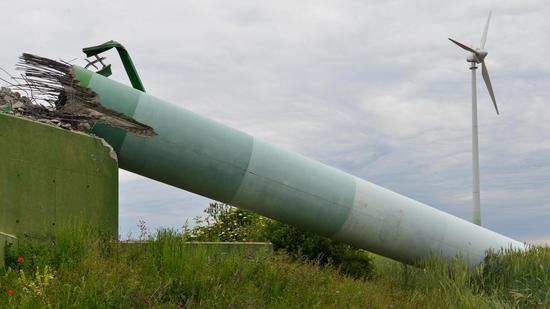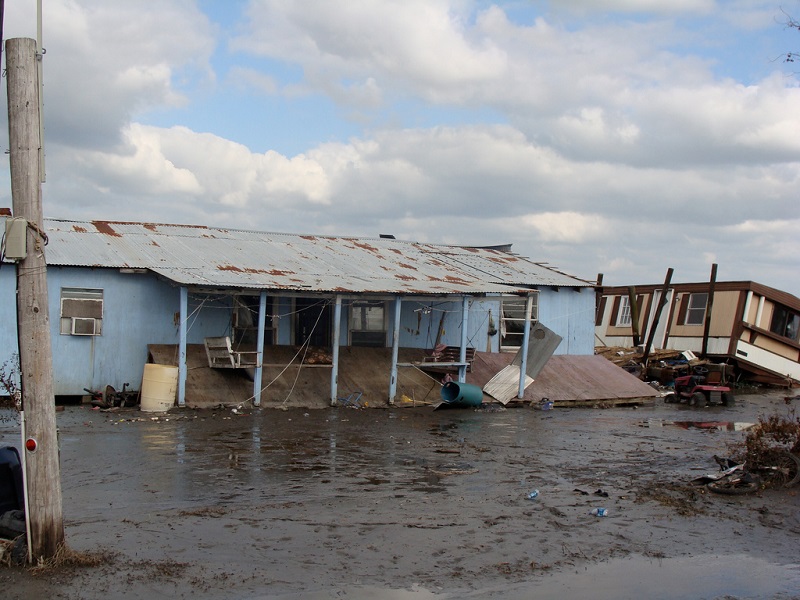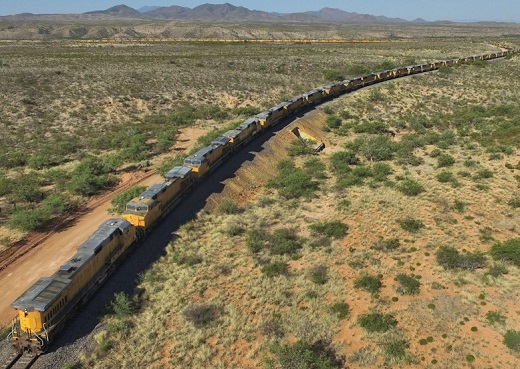Podcast: Play in new window | Download
Subscribe: RSS

The I.G. Farben/Bayer complex near Auschwitz, where enslaved Jews worked on products including the nerve gas used to execute them. (Wikipedia Photo)
What could be a more fitting ceremony for our entertainment during these last days of the industrial age than the joining in unholy patrimony of two of the most evil corporations in the history of humankind? And what could be more symptomatic of the state of knowledge during our present Twilight of the Mind than the fact that the nature of their evil is not only not mentioned in the reporting of their union, but is relatively difficult to discover even if you Google it. I refer of course to the announced intention of Bayer, the aspirin company, to buy Monsanto, the Roundup company.
Monsanto’s crimes are familiar, especially to those who have been hanging around these pages. See, for example;
Bayer has been far more successful in sanitizing its record, which is far longer and far worse. It was a founding member of the German chemical giant I.G. Farben, not in 1925 as Wikipedia and other sources say in some places, but in 1893. The significance of that laundering of the historical record will soon become apparent. Continue reading








